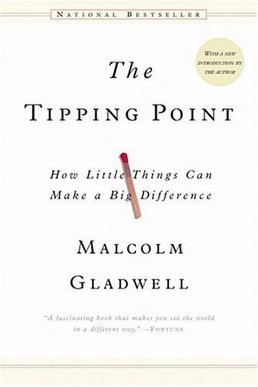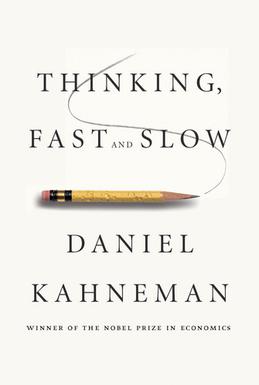Lists

1 Book
Inspiring Biographies
Sort by:
Recent Desc
More lists by Giorgos Papachristoudis



Minimal Techno
Minimalist sub-genre of techno music. It is characterized by a stripped-down aesthetics that exploits the use of repetition.
February 2021
5
@giopapa



Personality Building Books
List includes: The Tipping Point: How Little Things Can Make a Big Difference, Thinking, Fast and Slow, 21 Lessons for the 21st Century
June 2020
3
@giopapa



Melodic Techno
List includes: Stephan Bodzin, Kollektiv Turmstrasse, Tale of Us
July 2019
2
@giopapa